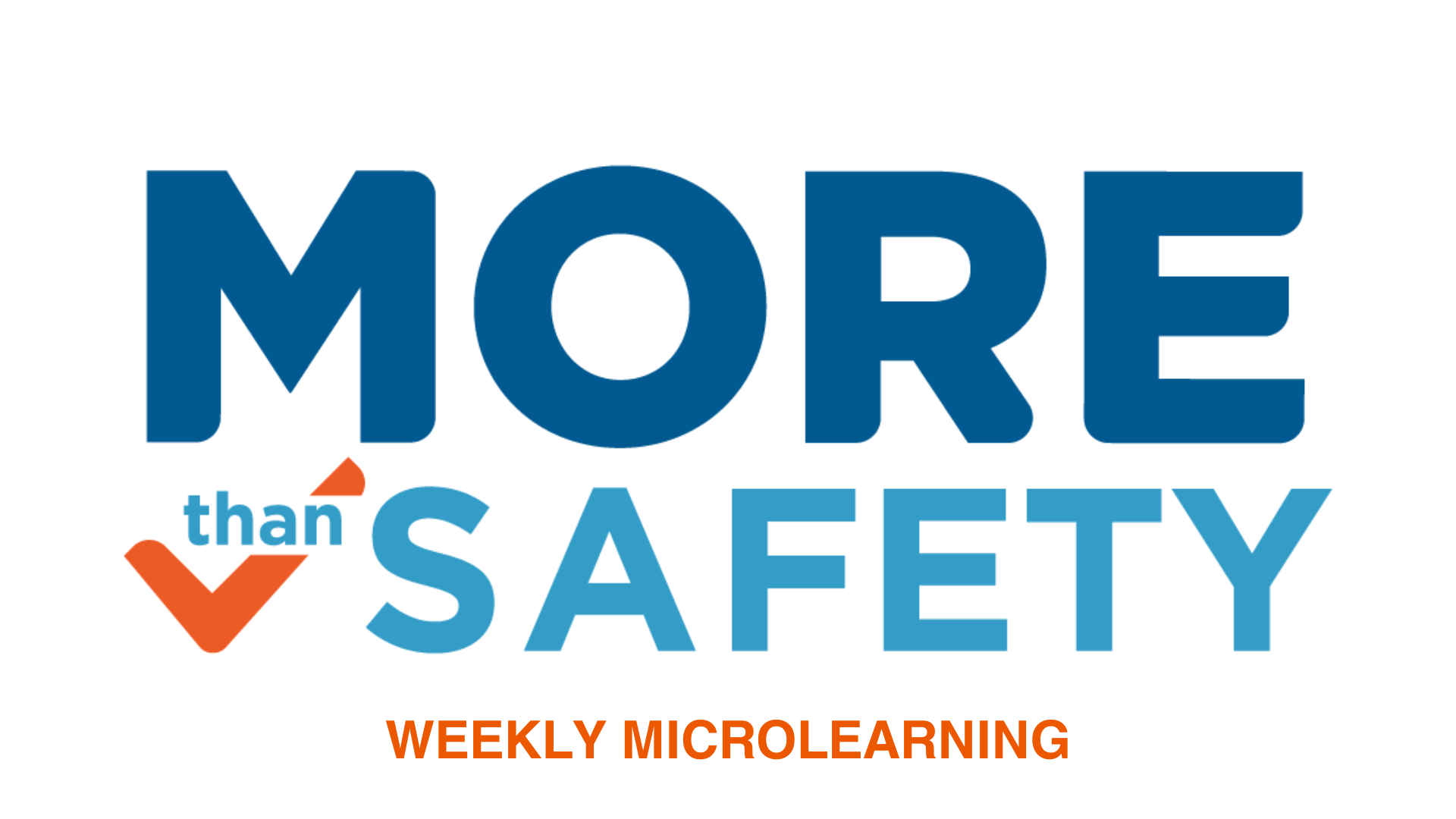Why person-centred descriptive terms matter

Health records are enduring and language choices can have a long-term impact on care. But when sitting with a person who is thinking about suicide, it is easy to lose sight of this because your focus is on the urgent situation in front of you.
Certain words or phrases such as “high-risk,” “inappropriate,” and “frequent flier” might seem accurate in the moment but can be dismissive and shift focus and attention away from the person’s experience.
Accurate mental health record documentation can be person-centred. It can honour the individual’s experience and situations and contribute to supporting high quality and consistent care, all while ensuring that the person feels respected rather than judged.
For example:
- Instead of saying “frequent flier” or “well known to our teams,” you could try saying “has made multiple efforts to try and access the help they need".
- Instead of labelling the person as “high risk,” describe their risk in context and use that context to collaborate with them to develop person-centred plans and responses.
Clinicians and their colleagues are often time-poor due to the rapid pace of work in healthcare settings. It is nevertheless important to ensure our language choices do not add to or extend a person’s distress, even if those phrases have been used elsewhere in the record, either by colleagues or supervisors.
Note: This is one of the More than Safety Newsletters that are shared weekly. SafeSide members in our Community of Practice have access to the full library of newsletters and resources.
